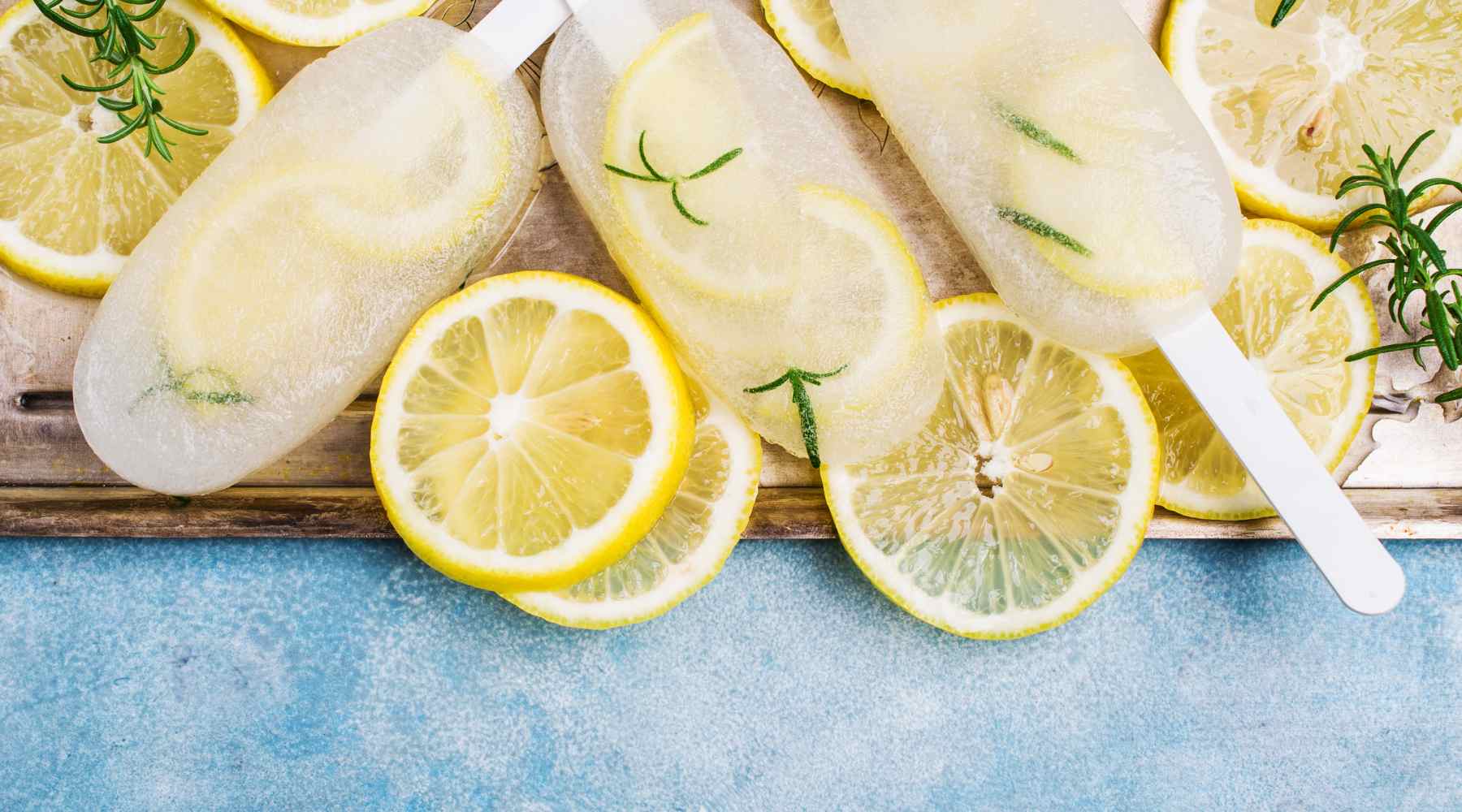If you frequently make fruit and vegetable juices and smoothies at home, you may have thought about freezing your fresh produce. Maybe you’re just tired of shopping for fresh ingredients every other day, or maybe you love seasonal ingredients that aren’t available year-round.
Freezing is an appealing option because it’s convenient and easy. But there are many factors to consider when you freeze your fruits and vegetables. Will your produce still be nutritious? Will frozen fruits and veggies taste as flavorful as their fresh counterparts? As you consider whether you can juice frozen fruit and vegetables, keep the following information in mind:
Why Freeze Fruits and Veggies?

One of the main reasons why you might consider freezing produce is that it saves time. Instead of shopping for fresh fruits and vegetables every few days and scrambling to use them all before they go bad, you can just throw your ingredients in the freezer and they’ll be preserved for weeks or even months.
You could also consider freezing fruits and veggies because getting a regular supply of certain items may be difficult, or maybe you just live far away from a supermarket. Freezing can be a great option for seasonal produce that’s only available during certain times of the year.
How long will frozen fruit last, then? Freezing may extend the life of your ingredients for 6 to 9 months. This varies depending on which specific fruit or vegetable you’re freezing, the temperature of your freezer, and how well you’ve sealed and packed your items.
Can You Juice Frozen Vegetables and Fruits?

The answer is no. While frozen fruits and vegetables can add a delightful slushy texture to blended smoothies, they don’t do well in a juicer. In fact, using frozen ingredients in a juicer can potentially break your machine.
However, you can juice frozen fruits and vegetables (as well as flash-frozen produce) after you’ve let them thaw. Just remember that if you don’t allow your ingredients to thaw, they won’t juice properly. But once thawed, rest assured that you can start juicing as usual.
Also Read - Top 7 Fruits For A Healthy Heart
Does Freezing Fruit Kill Nutrients?

No, not really. Freezing fruits and veggies will not kill the nutrient content. Fruits and veggies are at their prime when picked at peak ripeness. When you get your hands on them, the clock’s already ticking.
That’s also why you may notice that your groceries don’t last very long and spoil in a few days if you don’t take any measures to safely store them. If you freeze them, you’re actually giving them a better chance of keeping their nutritional content.
Usually, once fruits are picked and cleaned, manufacturers immediately freeze their products. This is why flash-frozen produce is often as nutritious as freshly picked fruits and veggies in this regard. Don’t be afraid of using them!
However, be aware that although the nutritional value may be comparable, using frozen fruit and vegetables in your juices might not taste as flavorful as using fresh ingredients.
What Kinds of Fruits and Veggies Should Not Be Frozen?

We won’t go through the full list of fruits and veg that shouldn’t be frozen -- we’ll just over the ones that can be juiced!
There are certain fruits and veggies that don’t do well when frozen. Cucumbers, celery, and lettuce are full of water. If you freeze them, chances are they’ll go limp or mushy. The same goes for watermelons -- they’ll end up with a mushy, jelly-like texture.
Citrus fruits, like oranges and lemons also won’t fare well when frozen. While they’re still plump and ripe, try juicing them and then storing the juice instead to use for later. Don’t store the citrus fruits themselves or else you'll end up with soft, mushy fruit.
Frozen Juices: How Long Do They Last?

Can you juice frozen fruit and vegetables? Now that you know you can, maybe you’re wondering how long you can store the juice.
Fresh juice should be consumed within 3-5 days for the best flavor and nutritional value. Generally, we don’t recommend freezing juice (unless you’re making popsicles or slushies) because thawed juice won’t taste as good as the fresh kind.
However, if it’s properly stored, juice can last for up to 6 months in the freezer. Remember, the key is storing it properly! Use clean containers with an airtight seal and label the juice so you remember how old it is.
One thing to note is that the longevity of frozen juices will vary. Some ingredients will be more perishable than others, so that will play a role in extending the frozen shelf life.
Other Uses for Frozen Fruits and Veggies
If you’re traveling and would like cold juice, you may have considered adding a couple of ice cubes to your drink. That’s not ideal because it can water down your juice! Instead, add a few frozen blueberries. It won’t add any extra water to your juice and also makes a pleasant treat when you finish your cold beverage!
The same concept applies to transporting certain types of food, like overnight oats! Your oats will lose that lovely, cool temp as you transport them. Add some frozen fruits to add not only texture and taste but also to keep it cooler!
Check Out - 5 Hydrating Juices That Are Healthy & Delicious
Easy, Freezy, Fruitful Juices Coming Your Way

Now that you know all about freezing fruits, veggies, and juices, you probably want to start right away! Juicing at home is a wonderful way to add more nutrients to your diet and explore your culinary creativity. But we get it – even with frozen ingredients, juicing at home can still be very time-consuming. The cleanup alone can be a headache.
That’s why Little West has tasty, healthy cold-pressed juices and juice blends, as well as juice cleanse & juice subscription options, all waiting for you to try. It’s as if you’ve juiced and blended the ingredients yourself! The difference? This one is just a click away!









